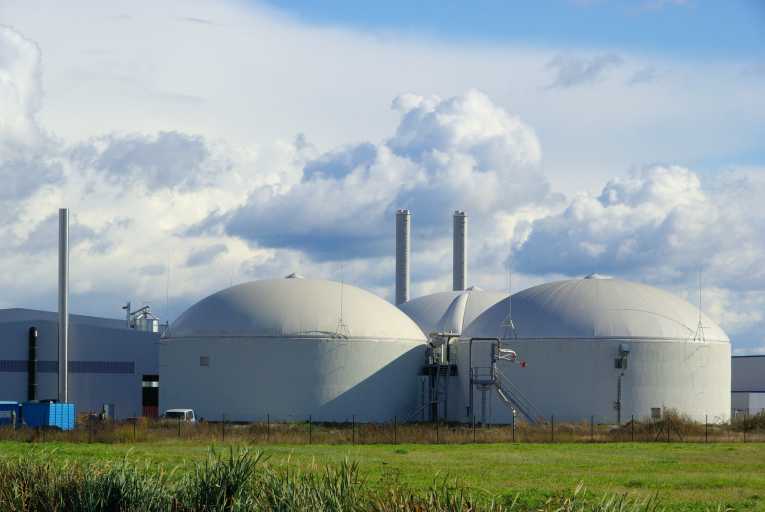A major agricultural conference due to take place in the UK next week will focus attention on farmland crops which can be used to generate electricity.
Cereals 2011, organised by Haymarket Exhibitions and taking place at Boothby Graffoe, Lincolnshire, on Wednesday 15th and Thursday 16th June, has attracted its largest number of renewable energy and waste management companies yet, more than thirty of them.
One of the biggest areas of interest will be the growth of energy crops for biomass power stations.
Among those taking part is Drax Power Limited, which is sponsoring the Renewables section, and is one of the organisations behind the Green Shoots biomass supply programme. The company has already announced plans to set up a 70-acre Energy SMART Farm to test and develop energy crops.
Rob Wood, biomass buyer for Drax, believes it is important that farmers take advantage of the possibilities, saying: "Until now, our programme for energy crops has concentrated on working with supplier groups. To build the volumes we need, we are now also working directly with individual growers and offering direct contracts for energy crops and straw."
Earlier this year, a report released by the University of Southampton, in southern England, highlighted the importance of energy crops, saying they could be grown without disrupting the food industry.
Led by Professor Gail Taylor, and funded by the UK Energy Research Centre, the report looked at energy crops such as poplar and willow and concluded that England is able to produce enough biomass to generate approximately four per cent of current UK electricity demand.
The UK Government has already committed the country to meeting 15 per cent of all energy and 30 per cent electricity demand via renewable sources by 2020 but at the moment energy crops are responsible for less than 0.1 per cent of UK electricity.
However, their use is expanding and there have also been suggestions that they can grow on industrial 'brownfield' sites. Last month, the European Commission selected a project led by an environmental expert at Teesside University in the UK as one of its Best LIFE Environment Project awards.
Dr Richard Lord, Reader in Environmental Geochemistry and Sustainability at the university, received the award in Brussels at the end of May for the BioReGen Project, which looked at growing energy crops on brownfield sites in the North East of England. The work concluded that reed canary grass not only grows well on such sites but can also be used for biomass power stations.
Richard said: "We are now actively engaged with a number of major industrial landowners who are implementing the results of the research in commercial projects."
Top Image Credit: © LianeM










